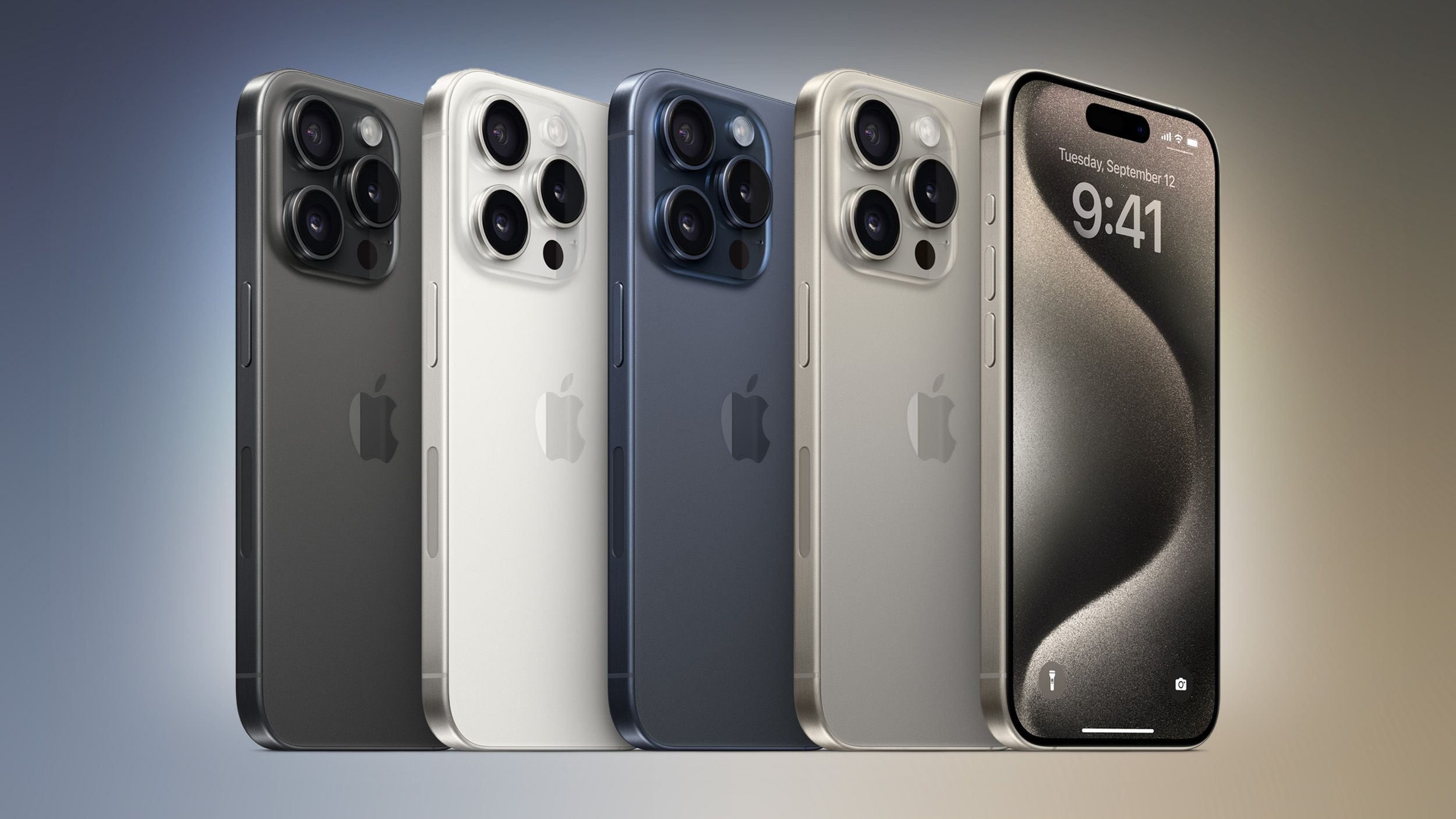I limit my laptop battery charge to 80% with a third party software tool. Laptops can generally bypass the battery and directly power themselves from the wall.
Does this new 80% battery limit setting imply that the new iPhones are able to do the same? Implication would be less battery wear while docked on a desk/in a car or due to long “AAA” gaming sessions, since it will draw power direct from the wall rather than using the battery as a middleman.



The charitable thinking was that it’s only on the new models because they actually modified the power delivery circuitry to allow bypassing the battery for power. As in, a reasonable hardware limitation that prevents any older models from doing it.
The less charitable thinking is that it’s arbitrary software lock, which is unfortunately not entirely out of character for the Apple either 😅.
Apple has the same feature on their laptops, but it’s “AI” driven so it can decide for you if you want 85% or 100%. Except it’s a fucking joke and almost always charges it to 100% and they don’t give you a way to say fuck the AI let me decide.
The worse it is, the more money they make on battery replacements.
For me it’s even worse: it will charge to 80% during the times I’m working. So, when I unplug the MacBook to work somewhere off a power source, I’m left with 80%. Then, when I finish my work day, it immediately charges to 100% and stays that way until the next morning. It’s the complete opposite of what makes sense.
The AI knows what’s good for you. It’s a sign to have more work life balance. /s
That sounds like the same “Optimized BatteryCharging” option already available on older iPhone models.
I believe this would slow down charging until you need it.
I unplug my phone like 8am every weekday so when I charge at night it says it will charge slowly past 80% until 7am instead staying at 100% from 12am to 8am.
Imagine having an iPhone in 2023 after all their lawsuits and bad faith, lmao
When you plug your phone in you are already “bypassing” the battery. It’s just how batteries work, they can’t be powering a device while being charged at the same time since the current can only go one way at a time. Batteries can’t charge and discharge simultaneously. So what happens when you plug your phone into power is that the Power management circuit directly powers the phone and excess power charges the battery.
It’s just a software decision only the people in charge at Apple know why they would limit this to new models.
You’re right that batteries can’t be both in a “charging” and “discharging” state at the same time. However, a workload drawing 1 A from a battery and a charger supplying 2 A leads to net gain of 1 A, aka “charging”.
It isn’t both charging and discharging, it’s just in a state of charging, despite the workload it’s performing. Likewise, the battery can provide 2 A while only being charged 1 A, leading to a state of discharging.
So, a battery can totally power a device while simultaneously being charged, which I believe is how iPhones currently operate. The battery is always in the power path. Willing to be wrong, that’s just my current understanding.
The battery is not always in the power path. I thought that was how it worked for a long time but got clarification from a writer at anandtech who used to do SoC deep dives. When plugged in the iPhone is directly powered by the wall adapter, excess goes into the battery.